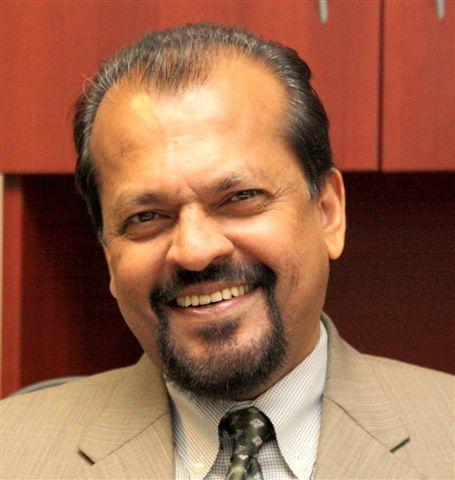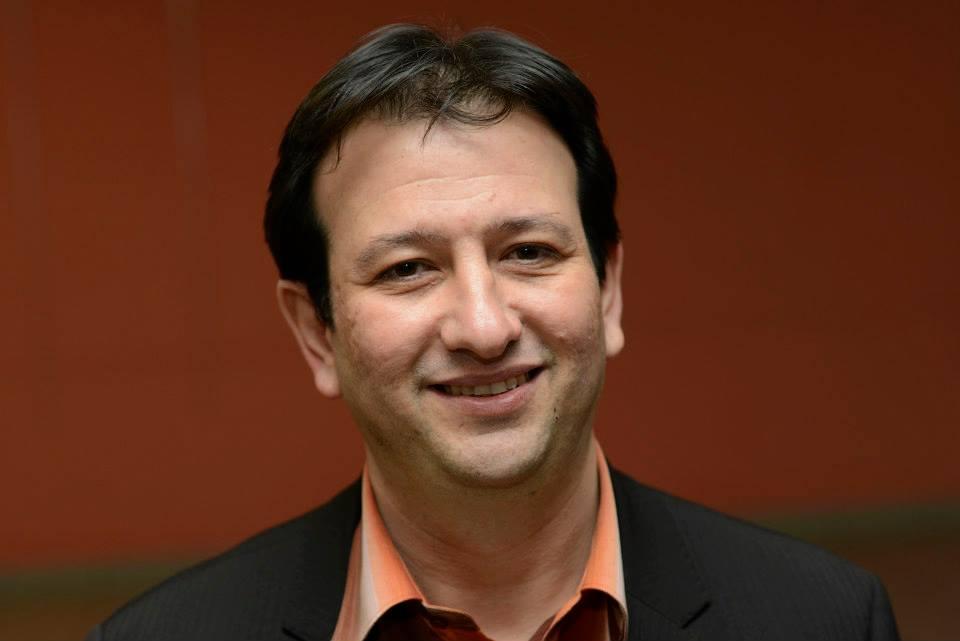Thank you for your message. The IPPA team will get back to you shortly. You first need to login here.

Courses
Full week
Andrea Migone(Institute of Public Administration of Canada)
Applying Policy Analysis in the 21st Century
How can we frame the discipline of policy analysis so that we bring together both the latest theoretical frameworks and the constraints that using policy analysis and implementing its suggestions in the public sector of the early 21st century where increasing tensions, lack of resources and capacity, and shifts in the sources of advice have become almost normalized.
Naresh Singh(Jindal School of Government and Public Policy)
Policy and Program Design and Evaluation in Complex Situations
Traditional approaches to public policy design and analysis use the policy cycle, which is an essentially linear approach even when used in a cyclical mode. It is useful mainly for deterministic problems where the context is relatively fixed and the outcome can be defined with high certainty and evidence-based approaches might be feasible. However, today’s world has been characterized as volatile, uncertain, complex and uncertain (VUCA) by some and as brittle, anxious, non-linear and incomprehensible (BANI) by others. Policy challenges from the pandemic to inflation, to supply chains disruptions as well chronic challenges such climate change, economic inequality, social exclusion and many of the SDGs are have been defined as wicked policy problems having many dynamic causes and no clear solutions. In the case of most wicked policy problems, evidence-based approaches are not effective. Wicked problems are characterized by complex interactions, gaps in reliable knowledge, and enduring differences in values, interests and perspectives
Over the last 2- or 3-decades complexity science ideas have been increasingly applied in the social sciences to deal with social, economic and political systems and other arenas of interest to public policy which displayed complex adaptive systems characteristics such as ecosystems. This has resulted in some refreshingly new ways of thinking of wicked policy problems and even spawned some new social science sub-disciplines like complexity economics. Yet a chasm exists between these developments and the use of complexity sciences in the teaching and practice of public policy. This course synthesizes a lot that has been learned in the use of complexity thinking in public policy and summarizes the practical tools that can be used for policy and program design and evaluation in complex situations. The focus is on how to design interventions, whether these be policies, programs or projects in situations of high complexity where outcomes cannot be determined with certainty or where the intervention seeks an innovative outcome which, by definition, cannot be clearly defined upfront.
The course is designed to be very practice oriented, but adequate theory is included to ensure that participants new to this kind of thinking can have a sound understanding of the principles in order to be ready for the practice.
Philippe Zittoun(ENTPE - Ecole de l'aménagement durable des territoires)
Studying Policy Process with Constructivist, Pragmatic and Qualitative Approaches
This course focuses on how to study Policy Processes by mobilizing different qualitative perspectives, from Constructivist to Pragmatic Approaches. Its main objective is to identify and discuss how we can empirically and methodologically grasp the policy process by observing and defining the struggles around the problem and also around the meaning of proposed solutions. Special attention will be paid to the building of coalitions, existing powerful dimensions, and the solutions to the different challenges encountered along their path. Why do some solutions manage to make it to the decision-making process whereas others fail? Under what conditions and at what price do solutions make it to the solution agenda? How do some actors succeed in "domesticating" "wicked" problems? First, this course will explore the career of a public problem, from emergence to agenda-setting.
Second, it will explore the career of the proposal as it passes through different areas such as bureaucracy, the advice system, and the political arena. Policy problems and solutions will be observed on the basis of three games: the game of language where a statement takes on meaning and becomes a problem/solution, the game of actors where this definition is stabilized through coalition building, and the game of power through the formation of multiple levels of power. The course will draw on the studies undertaken by key authors in the field and will explore how they perceive the political dimension in the policy process. It will also propose different concepts and approaches to help grasp the policy process from a different perspective.







